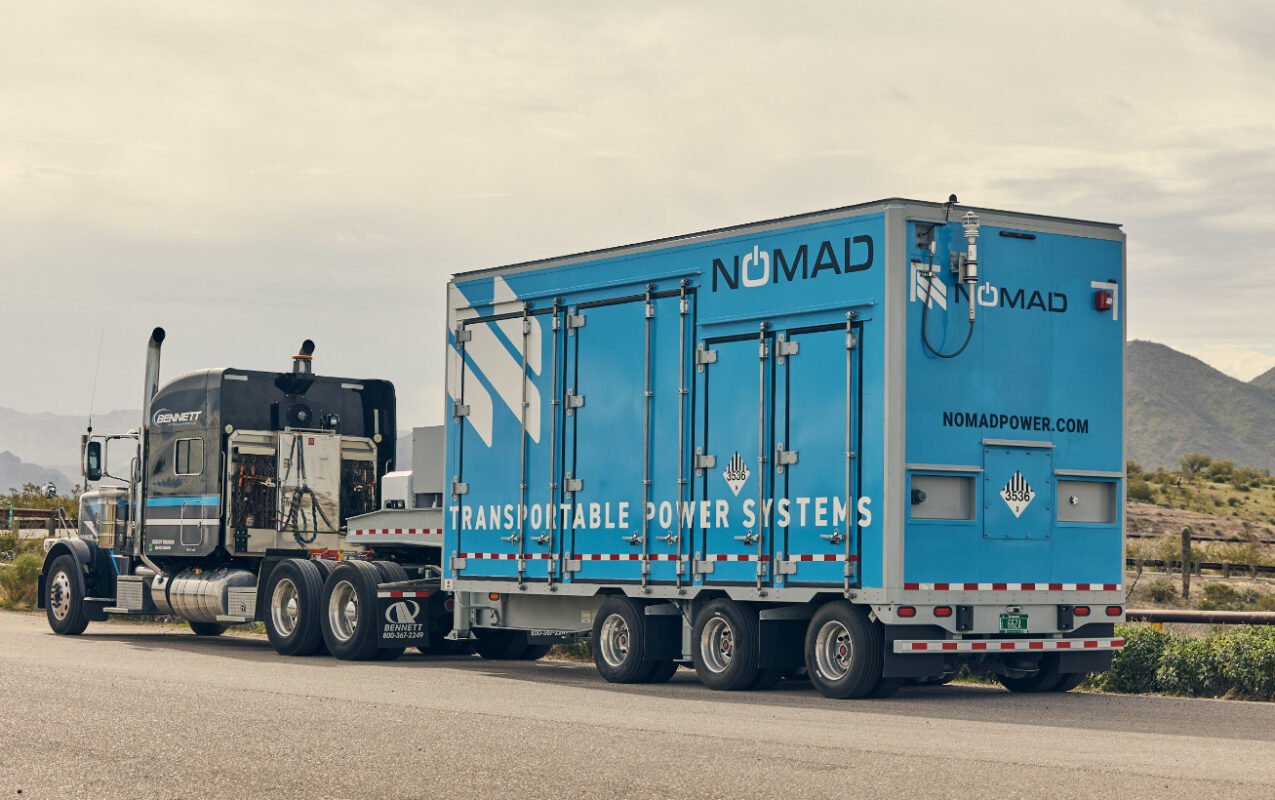
The grant came from the US Department of Energy’s (DOE) LDES Demonstration Grant Program which seeks to advance energy storage solutions that guarantee a minimum of 10 hours of continuous back-up power during grid outages.
The Program was launched in 2020, with Nomad and another $9.5 million beneficiary are the first companies to benefit from grants under it. Corvias Military Living has received the same amount to demonstrate one of the first EV-inclusive microgrids at Fort Riley in Kansas, in a project involving General Motors (GM) Defense and other GM businesses, though fewer details have been provided on that project.
Nomad’s mobile energy storage systems will help keep the Vermont communities powered up, reduce their energy costs and decarbonise, and serve as an additional tool during emergency response periods.
“This project, enabled by the U.S. Department of Energy’s support, will ensure that the benefits of clean energy and long-duration storage reach communities that need them,” said Nomad CEO Paul Coombs. “We are proud that the systems NOMAD builds here in Vermont will benefit rural communities of the Northeast that are too often left behind.”
Nomad was formed in 2020 by Kore Power, the company building lithium-ion gigafactories in the US while also now deploying energy storage system (ESS) projects after acquiring system integrator Northern Reliability last year.
Also involved in the project is the Electric Power Research Institute (EPRI), is a non-profit research organisation which counts most of the US’ utilities in its membership.
GMP has ordered the first power systems from Nomad, which will be assembled in Vermont, and will deploy them to create Resiliency Zones to strengthen the grid and prevent outages. The Zones will be in Panton, Brattleboro, Grafton and Rochester. GMP will use the batteries during peak demand periods.
“We are so excited to continue rapidly growing battery storage in Vermont to keep everyone powered up through extreme weather,” said Mari McClure, GMP’s president and CEO.
Nomad will build the mobile solutions using Kore’s modules, with each unit capable of providing power to about 50 homes for 10 hours, and the units will also be capable of providing EV charging.
The news is the latest in a string of mobile BESS stories, after new UK firm Allye raised seed capital to start building its product while established player Moxion announced plans to build a manufacturing plant in California with 7GWh of production capacity, although these are targeting different use cases than the projects from Nomad.

